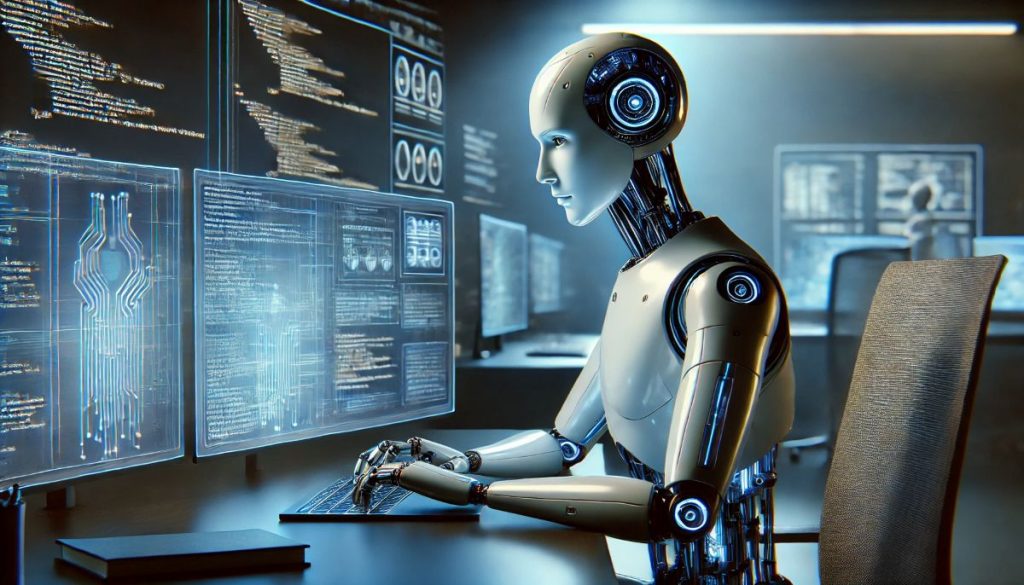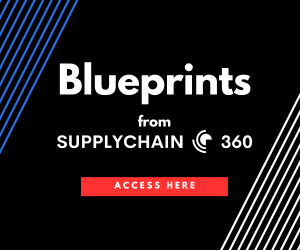AI’s Shift from Support to Strategic Decision-Making in Supply Chains
Generative AI (GenAI) is transforming supply chain operations, shifting decision-making from human-led processes to AI-driven orchestration. Instead of manually adjusting schedules and analyzing disruptions, supply chain professionals now rely on AI agents that interpret data, model scenarios, and even execute decisions autonomously. This evolution raises a critical question: how much control should AI have over supply chain decision-making, and where do humans fit in?
AI-Powered Supply Chain Orchestration
Global supply chains are under growing pressure to be more responsive and resilient, yet many organizations still rely on fragmented IT landscapes that slow down decision-making. Traditional point solutions, used for demand planning, inventory management, and logistics, often operate in silos, leading to inefficiencies and delays. To overcome these challenges, companies are now integrating AI agents into their supply chain orchestration strategies, aiming for real-time decision-making and cross-functional collaboration.
Rather than simply aggregating data, AI agents analyze trends, predict potential disruptions, and provide immediate recommendations. In some cases, they can even act independently, executing decisions based on pre-set parameters. This shift towards AI-driven decision-making is redefining supply chain management, moving from reactive problem-solving to proactive optimization.
Beyond AI Assistants: The Rise of Decision-Making AI
AI agents are quickly moving beyond their role as digital assistants and evolving into decision-makers. Unlike traditional AI tools that support human-led workflows, these agents have the capability to suggest and execute actions in real-time. For example, an AI agent can detect an impending logistics bottleneck, reroute shipments, and adjust staffing at distribution centers—all without waiting for human intervention.
The key challenge now is defining the balance between AI autonomy and human oversight. While AI-driven supply chains promise efficiency and agility, fully autonomous systems introduce risks, including unintended consequences and accountability concerns. As AI agents become more sophisticated, organizations must establish governance frameworks to ensure transparency, reliability, and ethical decision-making.
Toward a Fully AI-Integrated Supply Chain Ecosystem
The ultimate vision for AI in supply chains extends beyond individual companies to entire ecosystems. As AI agents become more advanced, they can facilitate collaboration across suppliers, manufacturers, logistics providers, and retailers, creating an interconnected network that shares real-time data and optimizes operations collectively. This would allow for true end-to-end supply chain visibility and eliminate inefficiencies caused by isolated decision-making.
However, achieving this level of integration requires companies to rethink their approach to AI adoption. Rather than treating AI as just another tool, organizations need to incorporate it into their broader strategic planning, ensuring that AI-driven decision-making aligns with business objectives and risk management policies.
The Future of AI-Driven Supply Chains
The rise of AI agents in supply chains presents both immense opportunities and new challenges. Organizations must determine how much autonomy they are willing to grant AI in making critical decisions. The key to success will be finding the right balance—leveraging AI’s capabilities while maintaining human oversight where necessary.
As AI continues to evolve, companies must focus on building AI-ready supply chains that integrate decision-making intelligence seamlessly. The most successful organizations will be those that don’t just automate existing processes but reimagine supply chain management to fully capitalize on AI’s potential.








